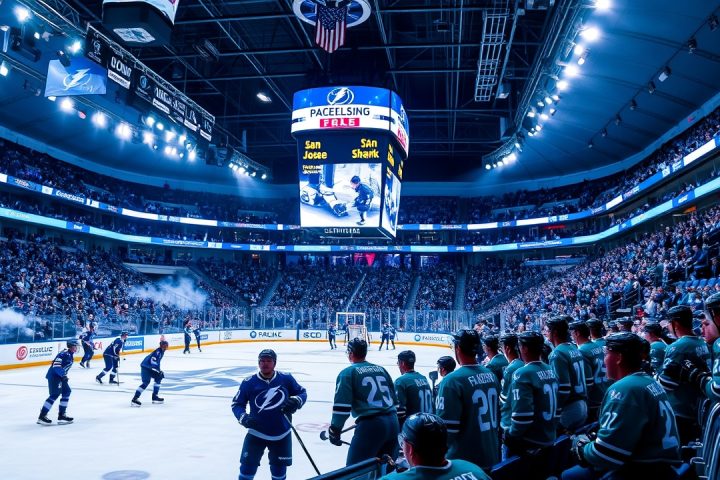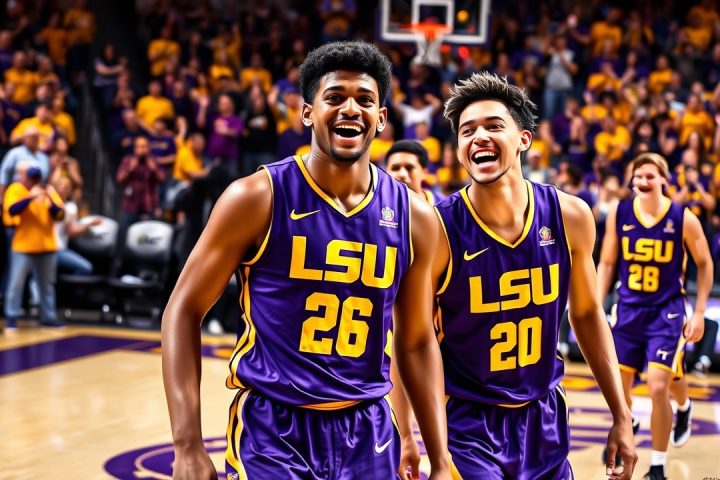John Textor’s Recent Moves in Football Ownership
John Textor, distinguished for his unconventional approach to football ownership, has made headlines by resigning from all roles at Lyon, divesting his stakes in Crystal Palace to Woody Johnson, and even putting his luxurious Florida residence on the market. In any other circumstance, one might view these developments as an exit strategy for Textor, but for this ambitious entrepreneur, these moves are just minor setbacks.
Rather, he is actively assembling a new team to strengthen his holdings in football, planning to acquire Botafogo in Brazil and RWDM Brussels in Belgium from his partners at Eagle Football Group. Additionally, he is eyeing investments in a new English club and intends to introduce his cutting-edge facial-recognition technology for ticketing before taking the whole enterprise public in New York to attract investors.
Legal Challenges and Financial Struggles
Amidst these machinations, Textor launched a lawsuit against Iconic Sports in a Florida court, claiming securities fraud connected to a financial arrangement made in 2022, which handed him $75 million for a minority share in Eagle. His grievance pits him against Iconic’s leading figures, James Dinan and Alexander Knaster, who allege that Textor has failed to fulfill his obligations regarding a put option to buy back shares.
“Iconic asserts that it sought to enforce the put option as far back as July 2023.”
Textor, however, counters that the financiers breached their agreement first by not securing the necessary funding to facilitate the transaction. Though his initial counter-suit was dismissed by a Florida judge for procedural errors, Textor quickly re-filed it. By mid-July, after receiving a demand from Iconic regarding his shares in Eagle, he sought an injunction against them, but this was declined on the grounds that any disputes should be settled in accordance with English legal jurisdiction.
Meanwhile, Lyon’s financial situation is grim. Despite selling off several key players, partial accounts recently released indicate the club is facing substantial losses, which has alarmed investors like Ares Management Corporation, who provided a hefty loan for the club’s acquisition. Ares has claimed nearly all proceeds from Textor’s stake sale in Crystal Palace yet is still owed around $300 million. Given significant drops in French football’s broadcasting revenue and other financial strains faced by Lyon, it’s uncertain how the club will manage its debts.
Future Aspirations and Potential Collaborations
Despite these obstacles, Textor remains optimistic, particularly with Botafogo, recently crowned the Brazilian and South American champions, standing as a beacon of success. His strategy involves transitioning both Botafogo and RWDM into a newly formed entity based in the Cayman Islands and integrating his Facebank technology, aimed at revolutionizing ticket sales. He is also contemplating the acquisition of another English club, perhaps targeting teams like QPR or Southampton to complement his expanding portfolio, which he believes could be very appealing for investors in New York.
There are whispers that he might engage in a merger with the multi-club operation of Greek billionaire Evangelos Marinakis, who oversees clubs such as Olympiacos and Nottingham Forest, although this potential collaboration seems to be a surprise to Forest’s management.
Legal Battles in the Premier League
In a different but related development, the Premier League is tangled in its own legal battles. Following its prosecution of Nottingham Forest over profit and sustainability violations, the league is contending with a hefty bill of over £1 million for legal costs, only to recover a fraction of that from Forest after a recent ruling. This financial strain is compounded by similar issues related to a case against Everton over compliance breaches, marking a troubling trend of escalating legal expenses.
The English Football Association (FA) is also facing challenges, particularly in a case involving Accrington Stanley‘s inadvertent use of an unlicensed agent. Although initially accepting guilt, the club reevaluated its stance and won an appeal against the FA, which has now prompted further legal implications for the governing body dealing with misinterpretations of its own rules. Such incidents underscore the complexities of legal proceedings within the football landscape, impacting both financial and operational aspects of the sport.




